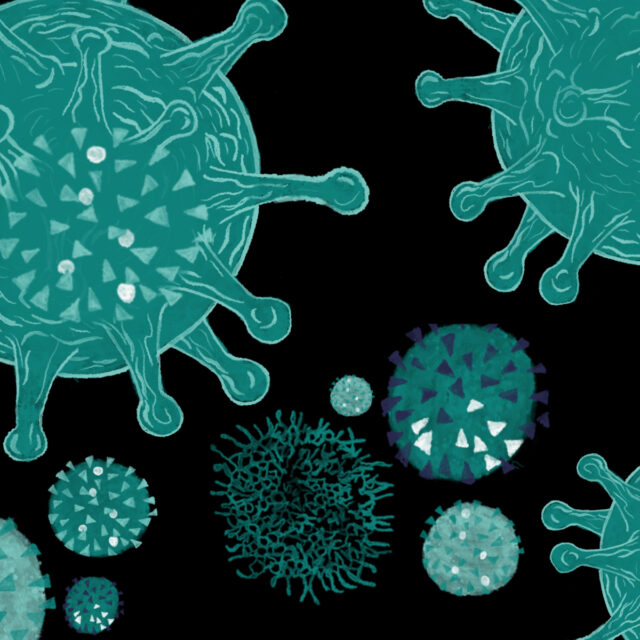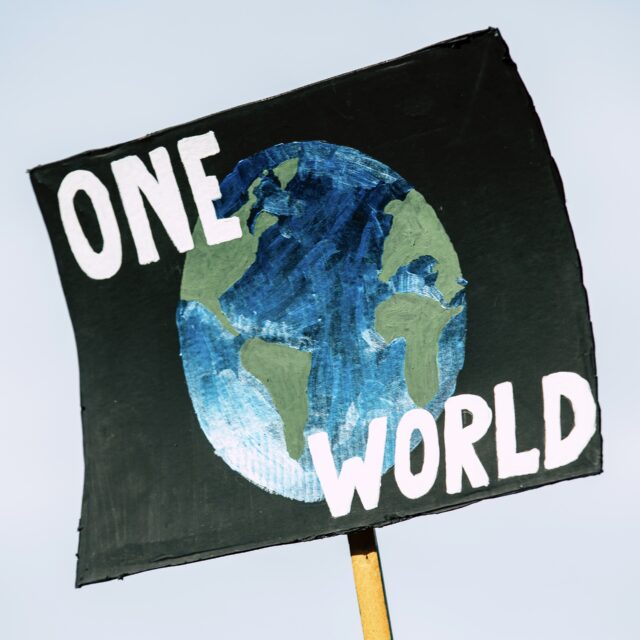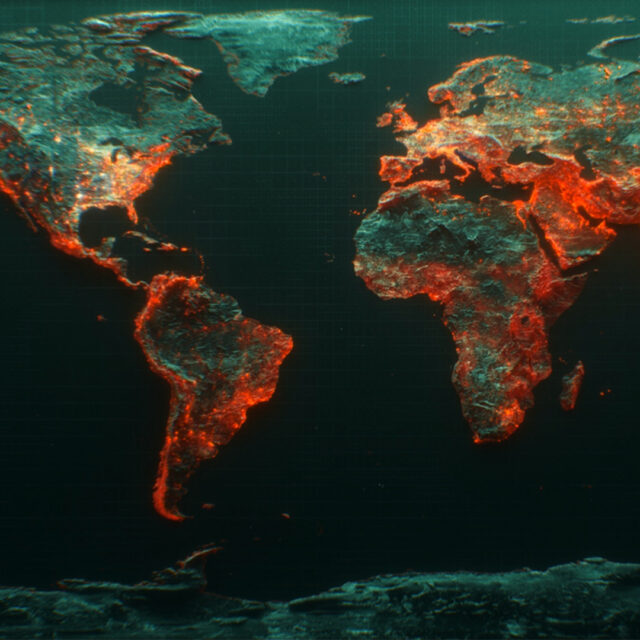This blog was originally published in 2022 and updated in August 2024.
Mpox is back in the news after both Africa CDC and the WHO declared it a public health emergency of concern. We’ve unpacked six crucial things to know.
Mpox was formerly known as monkeypox
In 2022, monkeypox began being referred to as mpox following a recommendation from the WHO. This recommendation came after the 2022 outbreak saw racist and stigmatizing language online and in some communities.
The new name has been adopted by the WHO in all communications.
Mpox has joined COVID-19 and cholera on the official list of public health emergencies
On August 14 2024, the World Health Organization officially declared the mpox outbreak in Africa a public health emergency.” Only COVID-19 and cholera are also on that list.
Across Africa, more than 17,000 cases of mpox and over 500 deaths have been reported in 13 African countries between January and mid-August 2024. In the week before the WHO declared it a public health emergency, there were over 2,500 new cases and more than 50 deaths. Concerns about the outbreak have grown as the number of cases has increased and on August 13, 2024, Africa CDC declared mpox a public health emergency of continental security.
Both institutions have declared mpox an emergency to draw more attention to the outbreak and to spur global and regional action to respond to the outbreak. This could include investing more resources and encouraging nations to share vaccines, treatments, and other resources to contain outbreaks.
It’s been around for a few decades
Africa has been dealing with outbreaks of mpox since the 1970s. During the 2022 outbreak, the concentration of cases was mostly in Europe. Health experts at the time called out the hypocrisy that it took an outbreak in Europe and North America to receive international attention.There was also misinformation that the 2022 outbreak started in Africa and spread from there. It did not. It most likely started in the United Kingdom in May 2022.
However, the most recent outbreak has seen an “upsurge of mpox in the Democratic Republic of the Congo (DRC) and a growing number of countries in Africa.”
It’s another reason pandemic preparedness is so important
There could have been more global attention and steps to address the virus years ago when mpox was spreading through some parts of Africa. Instead, global leaders took a national self-interest approach. It’s the same reason why attention to COVID-19 is waning, with higher income countries able to “move on” from the pandemic.
The mpox outbreak is a reminder that we need a holistic pandemic prevention, preparedness, and response system. We need global and regional leadership and investments for surveillance and monitoring so we can detect and respond to outbreaks quickly. And we need to strengthen health systems through health worker training, digital health innovation, and access to care for all.
Until we do, more disease outbreaks and deadly variants will devastate already overstretched health systems and hard-hit economies.
Mpox currently has a low fatality rate
Mpox currently has a low fatality rate. It can generally be treated by managing symptoms. Common symptoms include fever, rash, headache, muscle aches, sore throat, low energy, back pain, and swollen lymph nodes.
There are several antivirals, includingTecovirimat (or TPOXX), that were originally developed to treat smallpox and are being used to treat mpox. There are also two vaccines: the Jynneos and LC16 vaccines. Both of which were used during the 2022 outbreak.
But, just like COVID-19 and other health crises, access to medical countermeasures for mpox is not equal. Currently, 10 million doses of the vaccine are needed to control the mpox outbreak in Africa, but the continent only has 200,000 doses.
It is not a sexually transmitted infection
The 2022 outbreak overwhelmingly affected gay and bisexual men. That led to worrying stigmas and misinformation about the virus.
Mpox is not an STI, and it does not only infect men who have sex with men. It is crucial to combat this misinformation and to ensure stigmas do not limit response efforts. “Stigma and discrimination can be as dangerous as any virus,” warned WHO Director-General Tedros Adhanom Ghebreyesus.
The virus can spread a few ways, including close contact with someone who has an infection, through respiratory droplets (like from sneezing or coughing), and by touching infected items. The WHO hopes to learn more about transmission now that it has declared it a public emergency.



